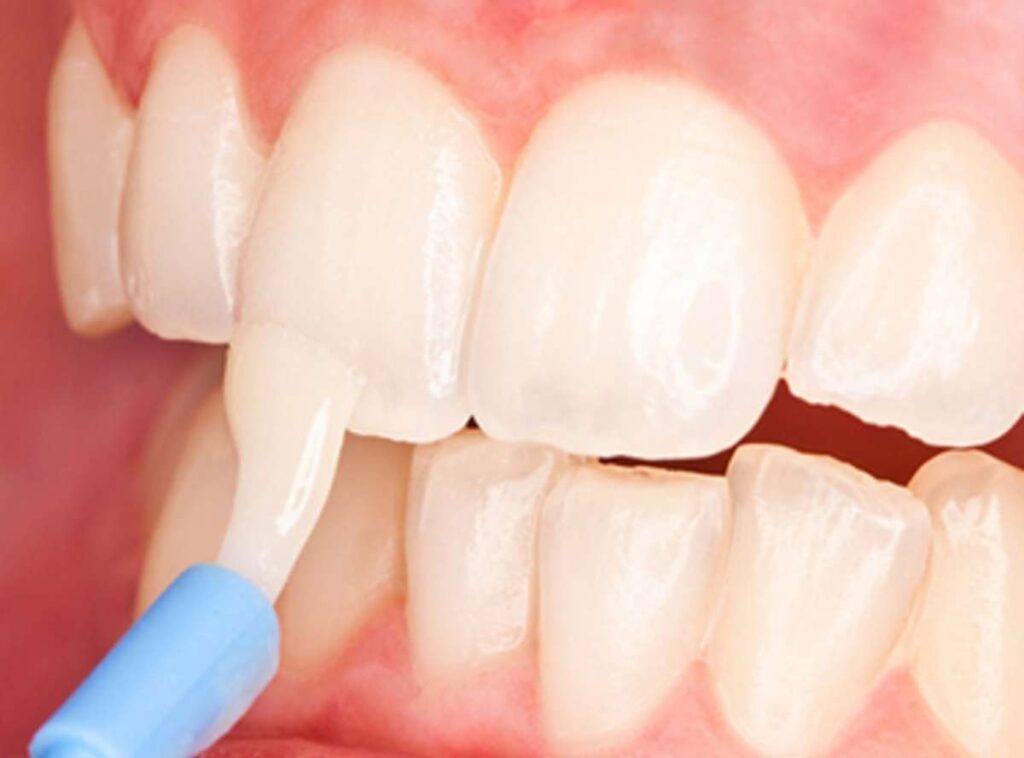Dental fluoride is a natural mineral that plays a crucial role in promoting dental health and preventing tooth decay. It is a safe and effective way to strengthen tooth enamel, making it more resistant to acid attacks from plaque and sugars, which can lead to cavities.
Fluoride aids in remineralization of the enamel (hard outer layer of tooth), repairing and strengthening weak spots, making it less susceptible to dental decay which is a demineralization of tooth surface. Additionally, fluoride inhibits growth of harmful bacteria in the mouth and can reverse early-stage tooth decay by promoting remineralization.
In dental offices, fluoride treatments with higher concentration may be applied topically in the form of gels, foams, or varnishes. This fluoride treatment is more potent than over-the-counter fluoride products, providing an extra layer of protection against tooth decay and promoting overall dental health. These treatments are especially beneficial for individuals at higher risk of developing cavities, which includes children.
The frequency of professionally applied fluoride treatments may vary based on an individual’s oral health needs and risk factors for cavities. Typically, children, teenagers, and those with a history of cavities may benefit from more frequent fluoride treatments, often every three, six, or twelve months, depending on the dentist’s recommendation.
Whether from fluoridated water, fluoride toothpaste, or professional fluoride treatments, incorporating fluoride into daily dental care can significantly reduce the risk of cavities and promote strong, healthy teeth. If you or your child is at higher risk of cavities, consider discussing professionally applied fluoride treatments with professional dentists and dental hygienist to determine the most suitable preventive plan for your dental needs.


